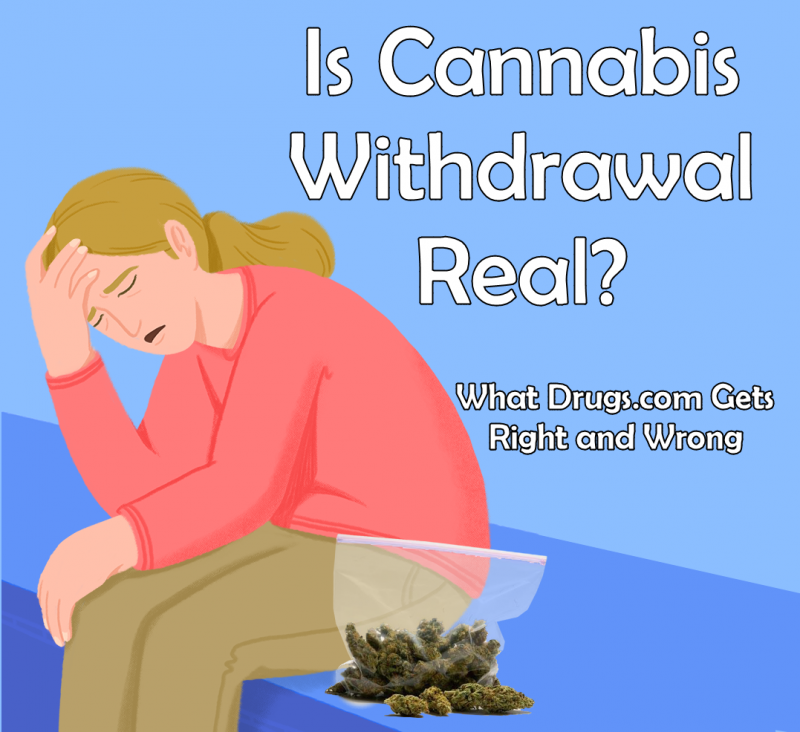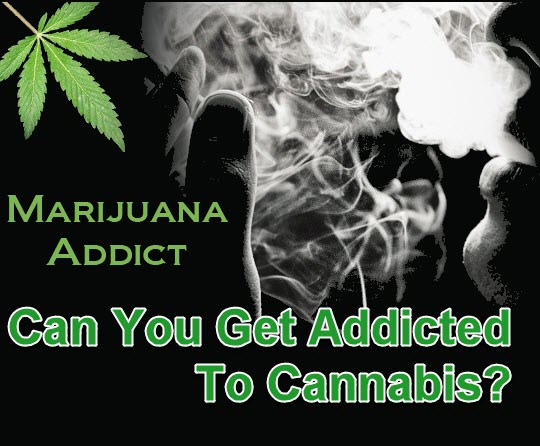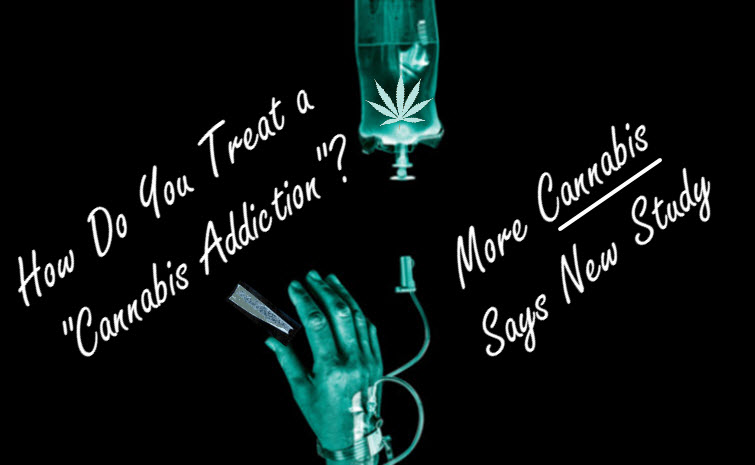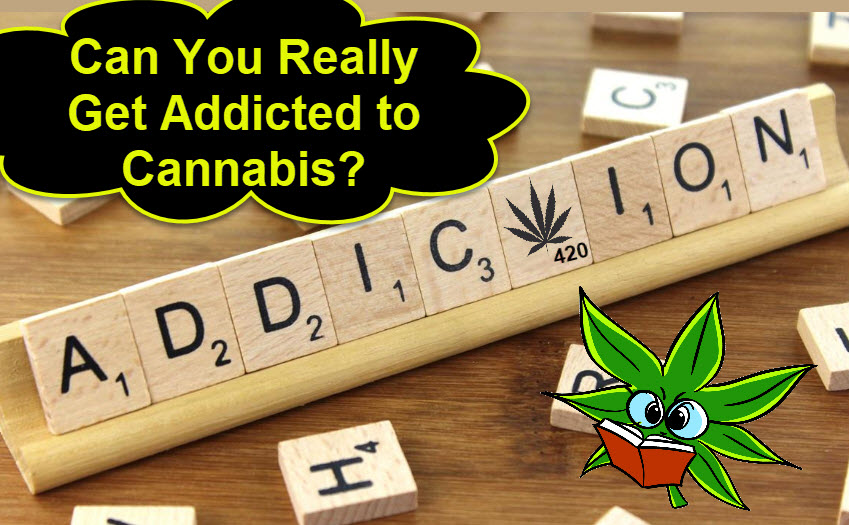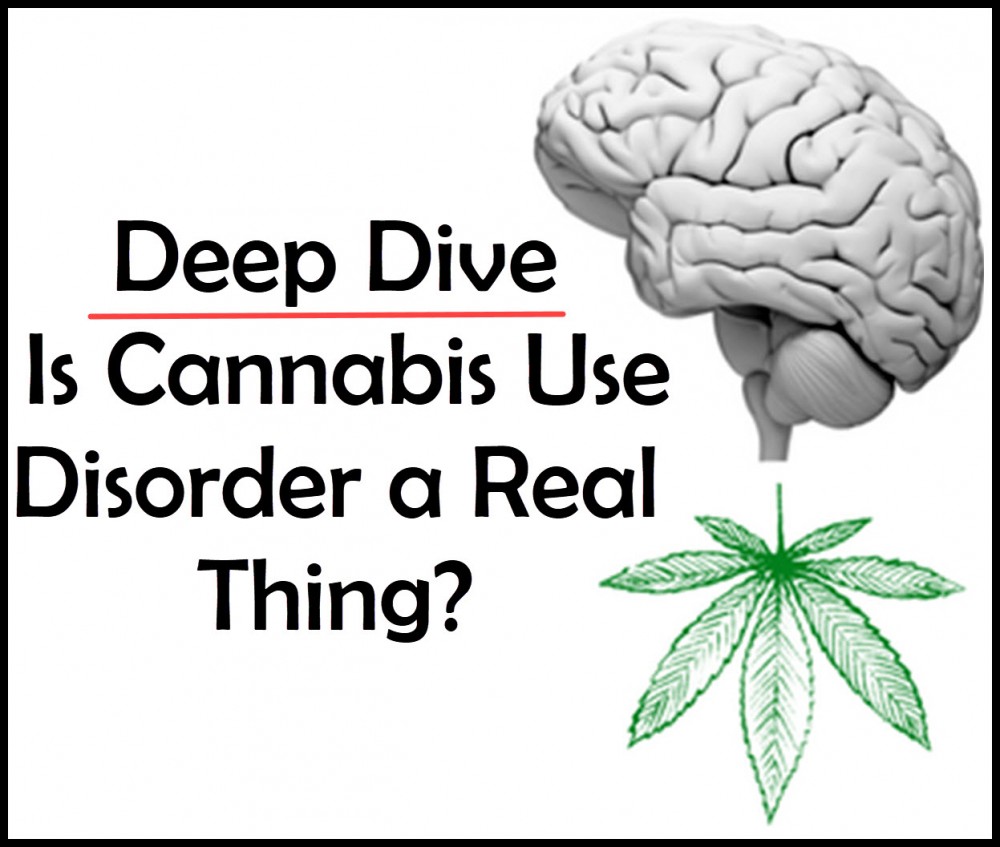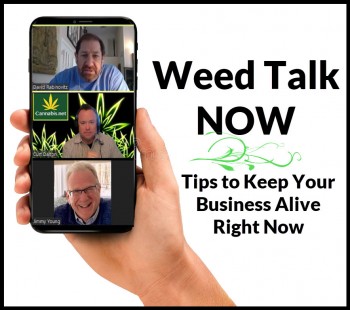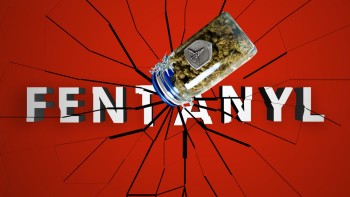Let’s talk Drugs…Can you get withdrawal pangs from quitting cannabis?
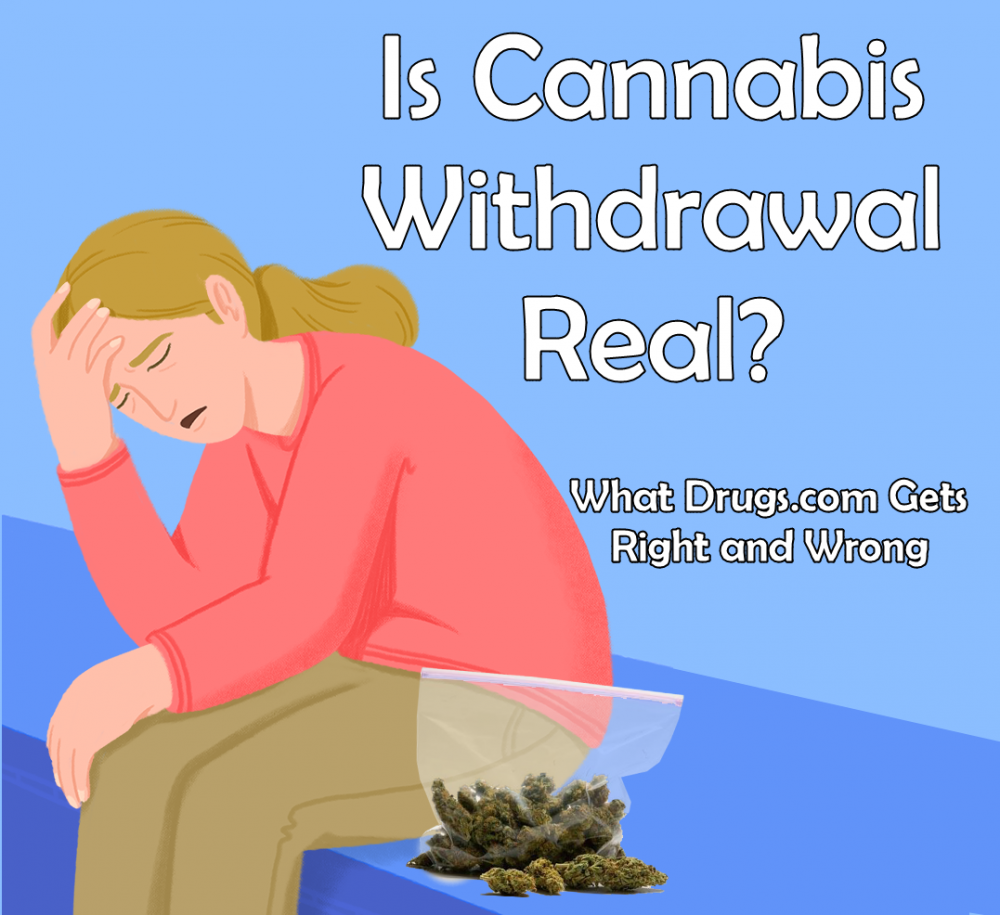
Can you get addicted to cannabis? If you’re a human being then the answer is – yes. But that’s a very dumb question because it turns out that humans can get addicted to anything. Drugs are but one type of addiction – people get addicted to work, sleep, water, exercise, sex, and much more.
It’s true that some things are more addictive than other things. For instance – coffee is more addictive than milk, but sugar is more addictive than coffee. For those of us who are regular coffee drinkers – you’re probably physically addicted. This is especially true if you drink more than three cups per day.
To prove me wrong – quit coffee for seven days and tell me that you had no withdrawal symtoms. Still not convinced? Quit sugar for a week.
Now let’s get to the thing that sparked this article – this article. Drugs.com titled the article “Marijuana Withdrawal is Real, Study Shows” – as if we didn’t know that people can get addicted to cannabis. But yes – there are some people who can even get some physical withdrawal from cannabis, but if we were to compare it to tobacco – we can safely say that nicotine withdrawal is far more severe.
Whereas cannabis withdrawal fade within a day – some nicotine cravings can last for months according to smokers who have quit.
This is important because as someone who did kick a tobacco habit – I didn’t really have that and for a solid reason – I unraveled my addiction from my mind.
Why Cannabis Withdrawal is Weak AF
The biggest problem we have with addiction is that those dispensing advice in many cases don’t know the first thing about addiction. Only those who have walked the path from the clutches of an addiction and unhooked its demon clutches from their mind – would understand what it’s about.
As someone who smoked for a long time – when it was my time to quit for good, I read a book and quit before finishing the last chapter. My “withdrawal” pangs as the author calls it – served as fuel to not smoke. I felt pleasure everytime I “wanted to smoke” because I already understood that “I didn’t want to!”
Cannabis “Withdrawal” is far milder than nicotine withdrawal but the same mindcontrol is at play. One thing that I have learned from kicking a habit like nicotine addiction is that it’s more about the lies we tell ourselves about the addiction that sustains the addiction.
For instance – misremembering how long you have been using a particular substance or whether you truly need it or not. The book by Allen Carr helped me unravel the nicotine-addiction’s narrative that was sustaining the habit in my life. Once I said goodbye…I was done.
The problem isn’t the fact that “people have withdrawal pangs” - this is a physiological response to a particular stimuli suddenly going away. Your brain is conditioned to respond to what it expects and when you suddenly change the rules – it is sent into a state of panic. In an act of preserving itself – it tries to horde whatever sustenance it can – which sounds eerily similar to how people act as a whole. Nonetheless, your body only does this because it believes it needs it.
The need is merely a mask for a deeper issue – and this is where most institutionalized addiction treatment options fail. They try to treat the symptom – but leave the underlying issue alone. Why would someone believe that they are “addicted to weed”?
Perhaps – it’s far easier to blame a substance than to face the music and accept that the reality you live in is the one you are sustaining. The only one living your life is you – and only you have the power to do anything about it.
Nonetheless – there will be a physiological response whenever you do something drastic in your body. Your body gets into a rhythm – it anticipates behaviors and learns how to become more efficient. However, when it comes to addictions – the pleasure-response mechanism goes out of whack mainly because there is some undisclosed emotional issue triggering shit.
Since mental health is not a priority in our society – people tend to self medicate as opposed to self-reflect. They tend to take a sleeping pill as opposed to waking up an hour earlier to do some Yoga or go for a jog.
There are movements that focus on health and wellbeing as opposed to medicating yourself to oblivion – these people tend to be able to smoke cannabis without ever really developing a dependency on it. The vast majority of the people fall into this category.
Yet for those who do manage to become hooked on cannabis to the point of addiction – don’t feel bad about it. Everybody has got their addictions. While it’s a good thing that you recognize that you’re currently engaged in destructive behavior – it’s important to deal with the root cause of addiction to truly be free from it.
If you do suffer from tobacco addiction – check out the link to the book I dropped on top – it got me out of the clutches of cigarettes.
For weed “addiction” – you literally have to stay busy for 72 hours and you can ride out any withdrawal symptom thrown at you. I recommend doing yoga or jogging. It works.
CAN ADDICTED TO CANNABIS, READ MORE...
CAN YOU GET ADDICTED TO WEED, READ THIS!
OR..
HOW DO YOU TREAT CANNABIS ADDICTION, READ MORE.
OR..
CAN I GET ADDICTED TO MARIJUANA OR CANNABIS?
